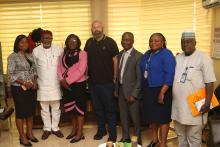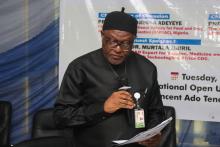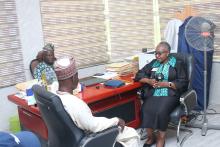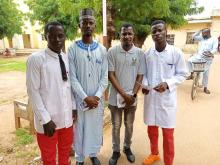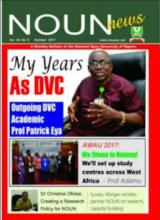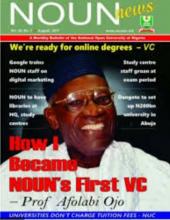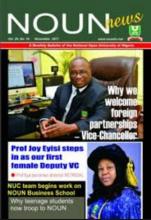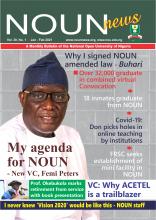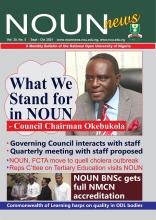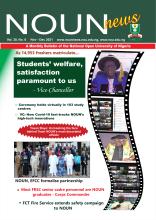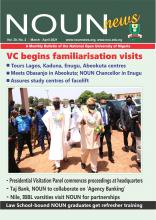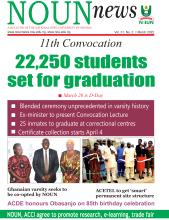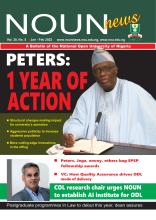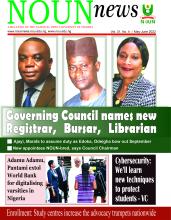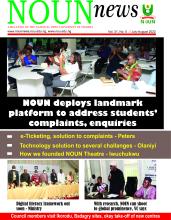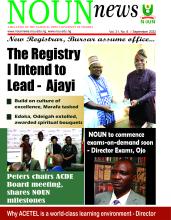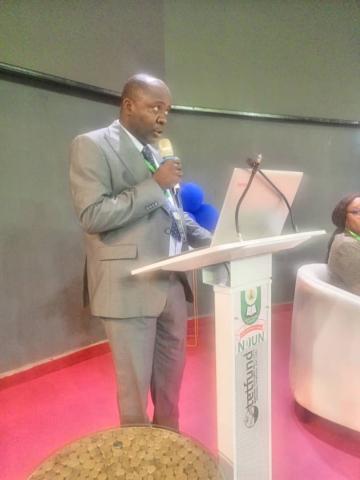
The Association of University Librarians in Nigeria Universities (AULNU) has called on its members across the country to prioritise the urgent need to embrace digital innovation by training more members of staff to maximise full benefits.
This was part of the communique read by Prof. Christopher Olatokunbo Okiki, the University Librarian, University of Lagos, after a 2-day 112th Bi-Annual meeting of the association, held from 26th to 29th May, 2025 at the National Open University of Nigeria headquarters, Abuja.
The communique highlighted the role of Persistent Identifiers (PIDs) in enhancing the Visibility and Interoperability of Nigerian research output.
“Despite Africa's 17% share of the global population, it contributes only 1% to global scientific output, underscoring the need for improved discover ability,” they lamented.
According to AULNU, “The issue of Emerging Technologies was also on the table, on that, Prof. Ezra Shiloba Gbaje emphasized the adoption of 5th Industrial Revolution (5IR) Technologies, including AI, Blockchain, and IoT, to transform Libraries into user - centric, digitally driven hubs.
“Discussions on Open Science and Access was equally focused on, the low awareness of Open Science practices and the underutilization of Institutional repositories, with calls for adherence to fair principles and global metadata standards was mentioned.”
The meeting also deliberated on AI in scholarly communication, where “the pervasive impact of AI on library services was explored, with emphasis on its role in cataloging, indexing, and user experience enhancement, alongside the need to address risks of unverified AI- generated content.”
Consequently, the association, via the communique, offered certain recommendations that include the adoption of 5IR Technologies to accelerate the integration of AI, in University Libraries to enhance service delivery and user experience.
The University Librarians equally recommended the promotion of the use of PIDs in Institutional repositories to improve research discover ability and Interoperability.
Other recommendations offered were: “Training and Capacity Building; Prioritize digital skills training for library staff, including sponsorship of the National Centre for Artificial intelligence and Robotics (NCAIR).
“Funding strategies was advocated for flexible TETFund allocation models of (60/40 or 50/50) favouring technology acquisition and explore public - private partnerships for sustainable funding.”
AULNU advocated for a National AI Policy Engagement to ensure Librarians involvement in national AI initiatives to influence policy and align library services with technological advancements.
The conference called on all participants, and stakeholders to implement PIDs and encourage researchers, academic staff, and students to register for ORCID iDs and integrate ROR and DOIs into institutional repositories.
It also recommended the importance of Training, Organising workshops and training programmes to enhance digital literacy and PIG adoption among library staff.
- Log in to post comments
- 236 views



